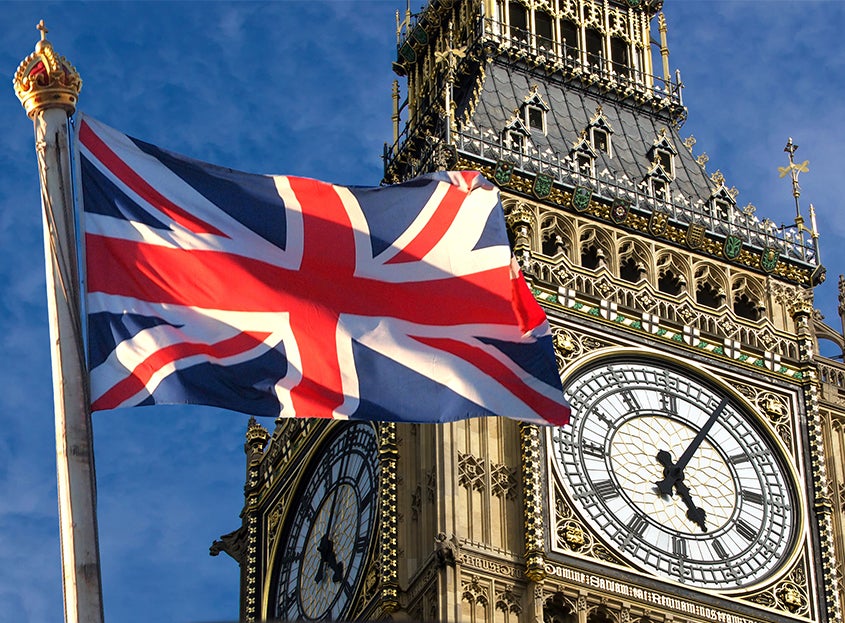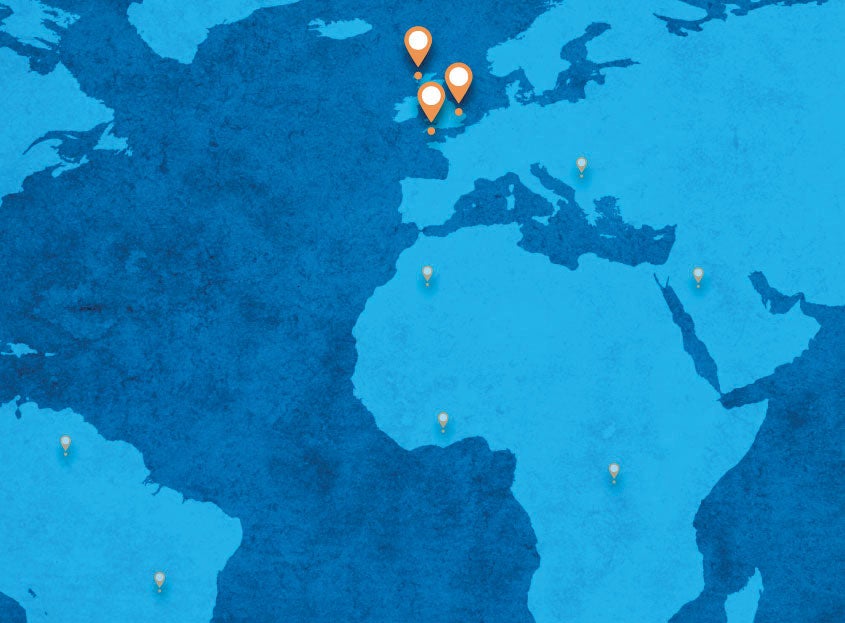The Queen’s Platinum Jubilee: Relevance of Royal Philanthropy

The UK and the rest of the world are gearing up for the unique celebration of the Queen’s Platinum Jubilee, marking 70 years as monarch. This feat has never been reached by any other British King or Queen. Celebrations will include a big pageant in central London, a concert outside Buckingham Palace along with street parties and beacons lit all over the UK, the Commonwealth and beyond.
As well as her Constitutional role in the UK, and as Queen of 14 other countries, one of the significant areas of the Sovereign’s work is in promoting and supporting charity work and voluntary service. In this, she is supported by different members of her family across three generations. The Royal Family have links with hundreds of charities across the UK and Commonwealth. These range from large, well-established ones like the British Red Cross, Save the Children, and the NSPCC to some younger, smaller charities like Place2Be and CleanUpUK.
The history of Royal charity work goes back hundreds of years. The first recorded Royal patronage was King George II’s support for the Society of Antiquaries, an organisation concerned with architectural and art history, conservation, and heraldry. In 1751, he became its patron and granted it a Royal Charter. Nowadays, the Queen is Patron of over 500 organisations, including over 70 education and training organisations and over 40 arts and cultural organisations. One of her more active patronages is the Queen’s Commonwealth Trust, founded in 2018, which supports the projects of youth advocates throughout Commonwealth. In total, there are over 3,000 organisations listing a member of the Royal Family as their patron or president.
The Queen has tended to express her charitable work through the formal role of Patron. In the meantime, other Royals have started charities and voluntary initiatives. An example here is the Duke of Edinburgh Award, founded by Prince Philip in 1956. The youth award had almost 300,000 young people in the UK start the programme in 2020 and is active in more than 140 countries. Another exceptional success has been the Prince’s Trust, set up by the Prince of Wales in 1976, which has helped over one million young people to date from disadvantaged backgrounds into education, employment or training. The younger generation of Royals has eschewed the more formal role, preferring to support campaigns or particular initiatives. These have ranged from the Heads Together campaign to change the national conversation on mental health to the Earthshot Prize, championing global sustainability initiatives (Prince William) and the Centre for Early Childhood to highlight the importance of investing in opportunities for children from 0-5 years (Duchess of Cambridge).
For the Queen’s Platinum Jubilee, many charities are running special projects and raising funds. For instance, Walking with the Wounded is lighting beacons at the top of the four highest mountains in England, Scotland, Wales and Northern Ireland and will raise money for charity. Meanwhile, the Woodland Trust is urging its members to plant a tree for the Jubilee.
After 70 years of the second Elizabethan period, the monarchy can reflect on the enduring and significant impact it has had on philanthropy, charity and the voluntary sector. Yet rather than bask in past successes, like all successful philanthropists, it must look ahead to the future. The younger generation of Royals is updating the model for the twenty-first century. Against a backdrop of change and evolution, this work is set to continue as an important part of the monarchy in the future.
NPT UK is not affiliated with any of the organisations described herein, and the inclusion of any organisation in this material should not be considered an endorsement by NPT UK of such organisation, or its services or products.
NPT UK does not provide legal or tax advice. This blog post is for informational purposes only and is not intended to be, and shall not be relied upon as, legal or tax advice. The applicability of information contained here may vary depending on individual circumstances.


